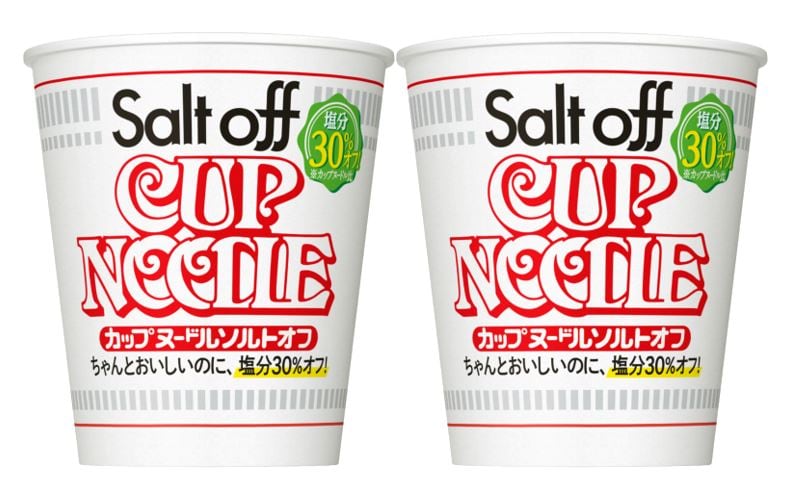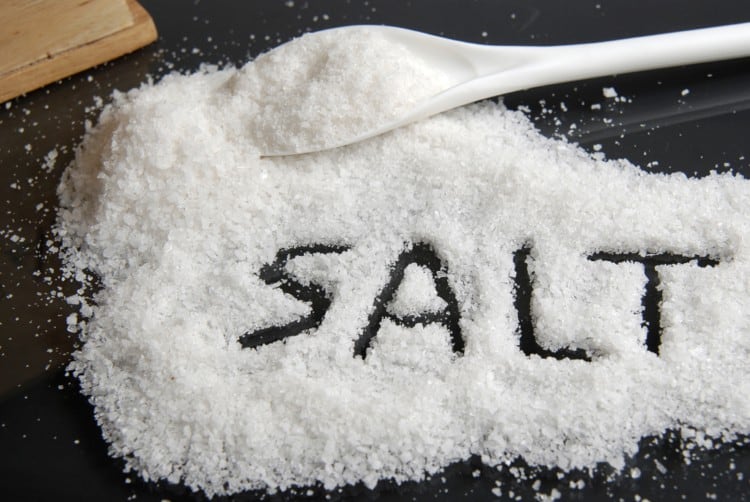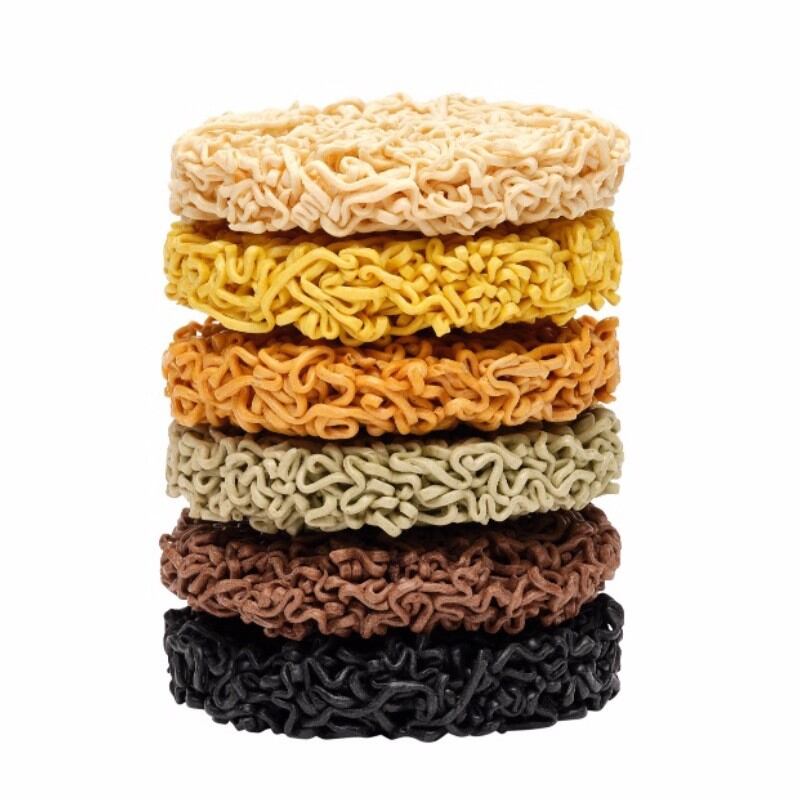Among Nissin Foods Group’s reformulation efforts include reducing sodium by 30% in its Cup Noodles, and developing a smart salt intake indicator for consumers.
The number of Nissin Cup Noodles sold worldwide have exceeded 45 billion in March 2019, according to Haruka Aoki from the corporate communication division at Nissin Foods Group.
According to the National Cerebral and Cardiovascular Center, one-third of adults and two-thirds of elderly people in Japan are diagnosed with hypertension (140/90 mmHg or more), and it is expected that the number of patients with hypertension will increase in Japan as it faces a rapidly ageing society.
Aoki told FoodNavigator-Asia, dietary salt reduction is thus necessary for people with normal blood pressure to prevent hypertension.
Magnesium chloride is the next potassium chloride
Nissin has launched a salt-reduced version of its popular Cup Noodles, containing magnesium chloride. The ‘Cup Noodles Salt Off’ is 30% lower in sodium compared to the original Cup Noodles.
While most manufacturers use potassium chloride as a common salt-reducing ingredient, Aoki told us there is a prominent harsh and metallic after-taste, “so it is difficult to achieve salt reduction while maintaining its original taste only using potassium chloride.”
In order to search for a salt-reducing ingredient that can replace potassium chloride, the company analysed over 173 types of salt around the world including rock salt, algal salt, seawater salt, lake salt, and conducted sensory evaluations and component analysis.
Nissin found that magnesium chloride was the most suitable.
Magnesium chloride is the main component of bittern or nigari which is the salt solution formed when salt precipitates from seawater. Bitterns contain magnesium, calcium, and potassium ions as well as chloride, sulfate, iodide, and other ions.
The noodles and ingredients of Cup Noodles Salt Off contain 1.4g of salt, 42% less than the original Cup Noodles (2.4g). The soup also contains 1.8g of salt, 28% lesser than the original Cup Noodles (2.5g).
The Cup Noodles Salt Off can only be found in Japan, and the company does not have plans to distribute overseas at this moment.
Smart salt intake
Myojo Foods, a subsidiary of Nissin Foods Group is also playing its part by introducing a smart salt intake indication on its packaging.
The ‘Shio Care Cup’ allows customers to leave soup up to the inner underline within the cup packaging and adjust the amount of salt consumed. The approximate amount of salt is indicated at the side of the cup.
The ‘Shio Care Cup’ will be made available in February 2020 on three products and is currently pending a patent (Japanese Patent Application No. 2019-196271).
Sustainability mission
Recently, Nissin also embarked on another mission in sustainability, using RSPO-certified palm oil in its Cup Noodles.
In March 2019, the Kansai Plant in Shiga Prefecture began using RSPO-certified palm oil for a part of the oil used for instant noodle production. Aoki said Nissin was the first company in the instant noodle industry in Japan to use RSPO-certified palm oil.
“We will expand this initiative and start using RSPO-certified palm oil at all domestic factories that manufacture Cup Noodles from February 2020,” Aoki added. Only the regular sized and original flavour Cup Noodles will undergo this initiative.




